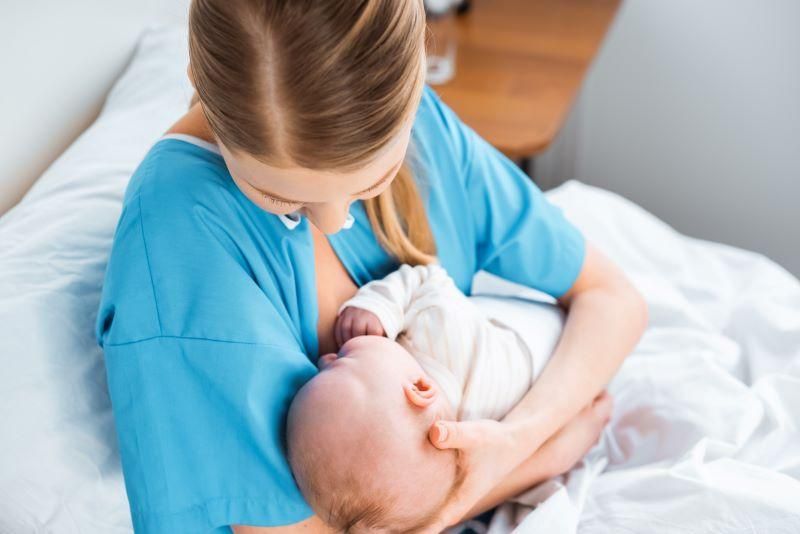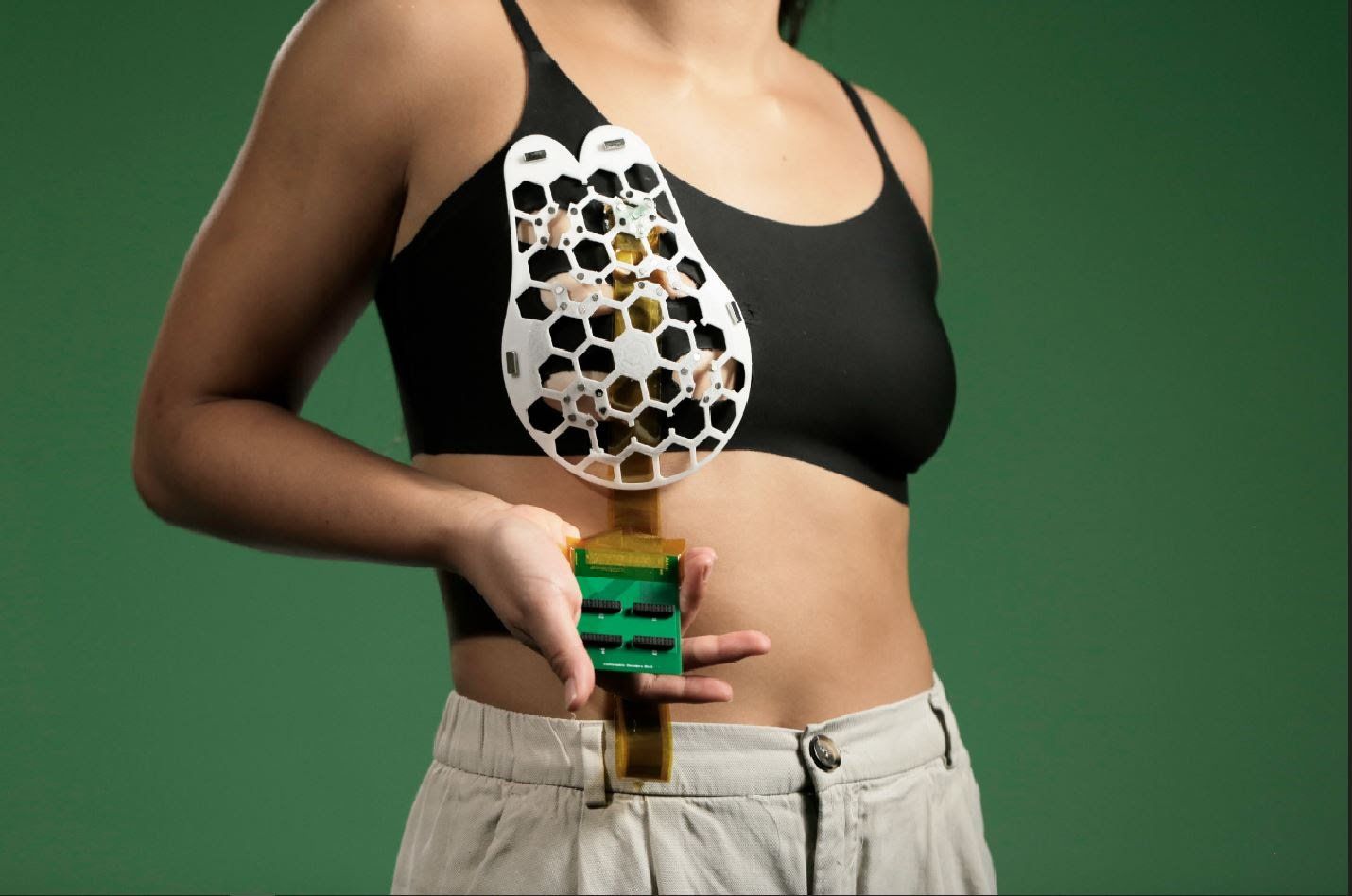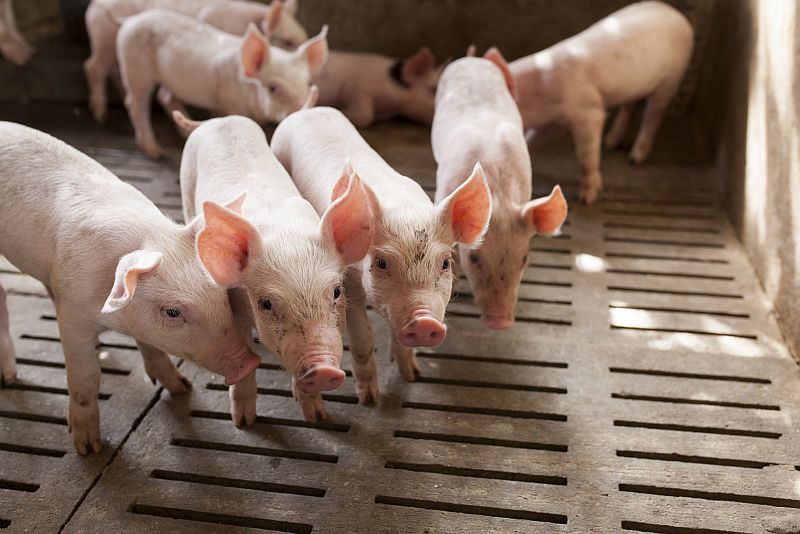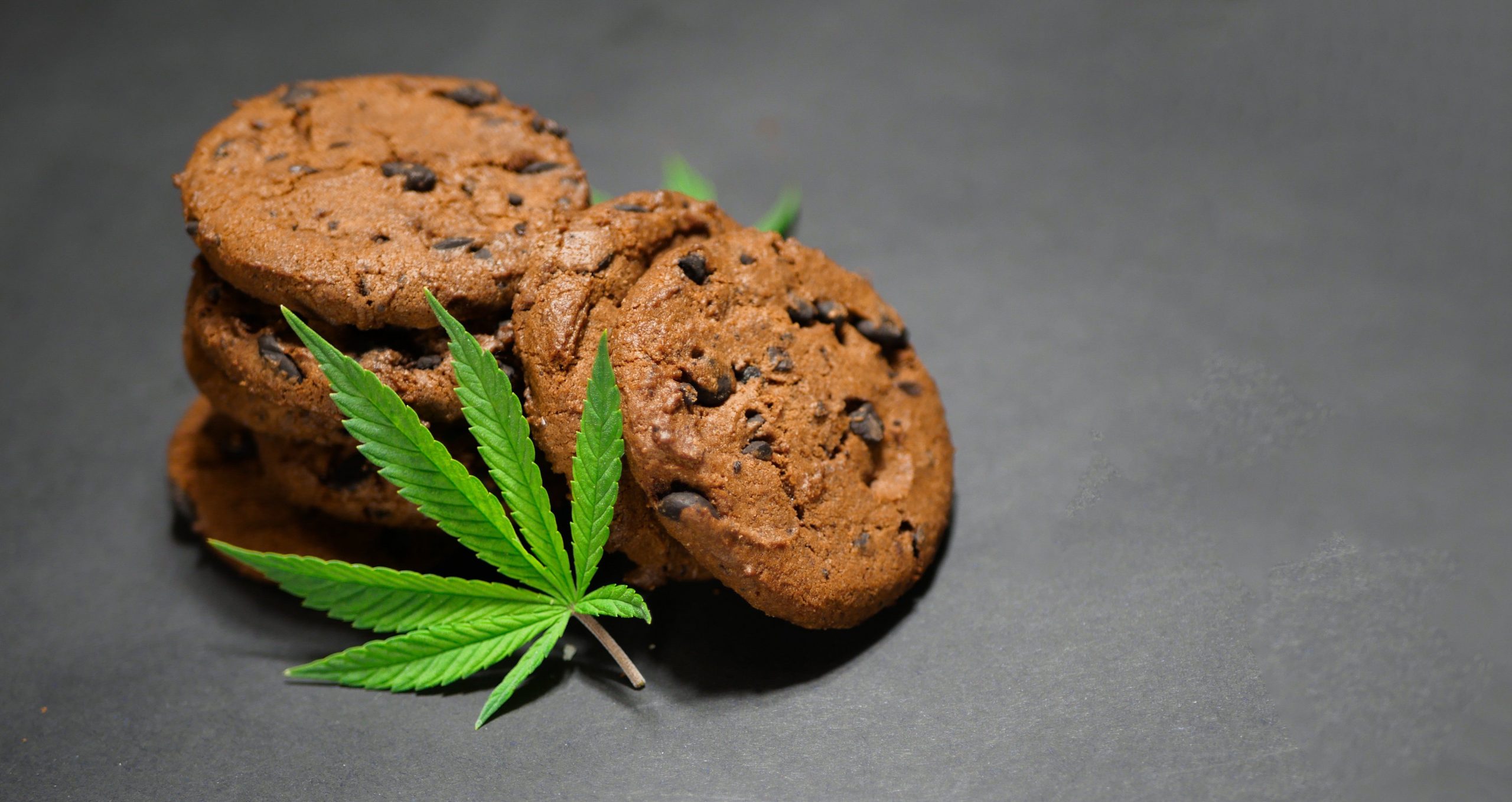
A micronutrient in human breast milk may provide significant benefit to developing newborn brains, according to new research that sheds light on the link between nutrition and brain health. Scientists looked at this sugar molecule in rodents and in human neurons. They said the micronutrient, called myo-inositol, may lead to improved infant formulas. “The current… read on > read on >






























